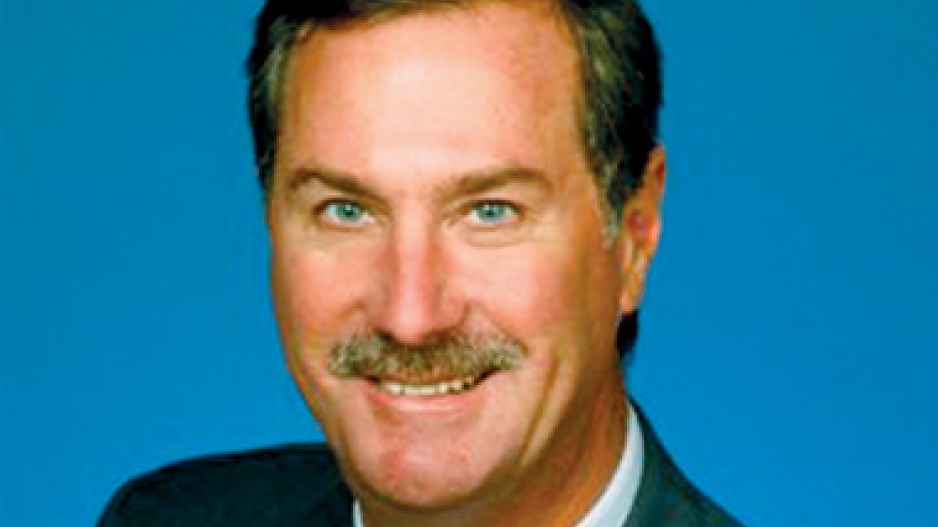If a stock chart were a heart monitor, investors in Ballard Power Systems (TSX:BLD) might well have been asking themselves if it was time to pull the plug on a company that had flatlined.
In August 2012, Ballard's share prices – which peaked at $192 in 2000 – fell below the $1 mark for the first time in the company's history. It stayed there until two weeks ago, when the stock bounced more than 50% to $1.35 per share.
The markets were reacting to news that Ballard had struck a deal with Volkswagen Group to provide engineering services for a VW fuel-cell car.
The contract, worth between $60 million and $100 million over four years, won't put Ballard in the black, but it will help the company make up for a $25 million hit it took last year, when an agreement to sell hydrogen fuel-cell modules for buses in Brazil fell through.
"We're not projecting to be profitable this year, but what this does do – because of the multi-year nature of the contract – is give us a lot more visibility into next year," Ballard CFO Tony Guglielmin told Business in Vancouver.
"If we can maintain the same type of growth into 2014, we expect in 2014 we could see ourselves break even on profitability."
Guglielmin added that the VW contract doesn't signal Ballard's return to the automotive fuel-cell space. That chapter of the company's history is closed.
"We're basically providing engineering services to assist them [VW] in the development in their fuel-cell program for their vehicle," Guglielmin said.
In 2007, Ballard divested itself of its automotive fuel-cell division to focus on backup power and distributed generation, but it kept the business that makes fuel-cell modules for hydrogen buses.
Although automakers such as Volkswagen continue to develop hydrogen fuel-cell cars, the dream of a hydrogen highway connecting B.C. and California has evaporated.
"The future of automotive transportation, the jury was still out five years ago," said Dallas Kachan, principal of Vancouver-based clean-tech research and consulting firm Kachan & Co.
"Well, the jury is now back. The jury has decided it is, in fact, going to be all electric. There may still be a place for fuel-cell vehicles, but it's not going to happen anytime soon. The market has spoken, and it's all electric and hybrid electric."




